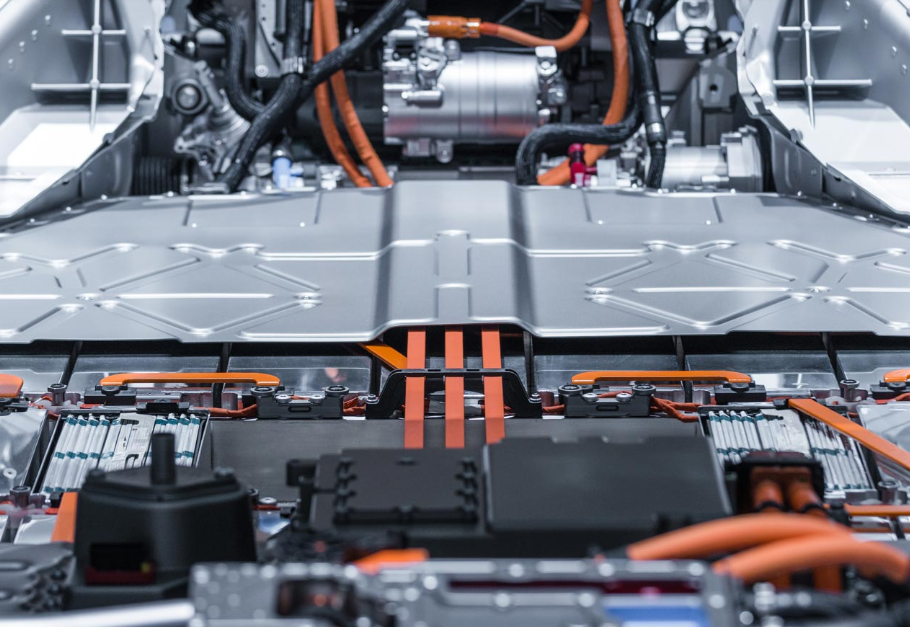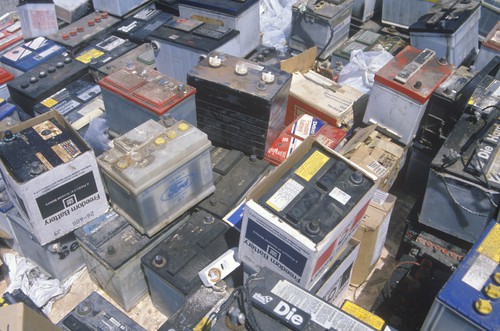Said to be the only UK company recycling and upcycling old EV batteries to high nickel p-CAM and CAM for direct reuse in the manufacturing of new EV batteries, Altilium combines “green chemistry with advanced materials science”.
The company said it is building a domestic, sustainable source of battery raw materials, reducing reliance on imported materials from China.
Altilium has processed LFP batteries, recovering over 97% of the lithium, which it said marks an “important step” towards sustainable battery recycling. LFP batteries are expected to make up over 40% of the global market by 2030.
It has also delivered the latest generation of its recycled CAM, recovered from old NMC111 battery chemistries and production scrap, for testing at Imperial College London.
Altilium’s CAM is said to have the potential to extend the lifespan of these batteries, while also reducing the carbon emissions “by 60%” and costs by 20% “compared to virgin raw materials”.
Research on LFP batteries is also being carried out in partnership with Imperial and supported by the Faraday Battery Challenge.
“Innovative”
Altilium’s first recycling facility, located in Teesside, aims to process battery waste from 150,000 EVs a year and has been designed to handle a mixed feed of battery chemistries, including LFP.
Altilium COO Dr Christian Marston commented: “We are committed to developing innovative new technologies as we look to build a domestic supply chain for the lowest carbon battery materials. By optimising our technology, we are resolving some of the economic challenges around recycling LFP batteries and delivering high quality CAM for qualification with automotive partners.”
Altilium is also able to recycle the graphite, for reuse in the production of new anodes, and while the iron and phosphate are less valuable, they can still be recovered for reuse in other industries.
The Teesside recycling plant is designed to produce 30,000 tonnes of CAM a year – reportedly enough to meet nearly 20% of forecast demand in the UK by 2030.









Subscribe for free